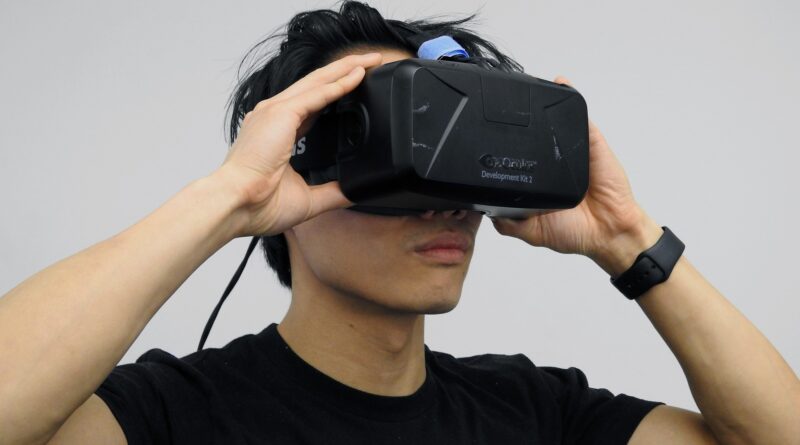Like Alibaba’s Timo, Tmall Launches First Metaverse Influencer
The Asian e-commerce giant continued its push into the Metaverse with Sinki after unveiling its 3D shopping experience earlier this month.
Brands across several industries and niches are beginning to embrace metaverse technology globally. Companies in Asia are leading the charge, with the latest being Tmall. The e-commerce platform has launched a human designer/influencer in the Metaverse in its most immersive Double 11 event. The virtual designer, named Sinki, is the face of Tmall’s new immersive shopping experience, which it offers new and existing customers.
Sinki created a 3D space station for her debut in collaboration with Estée Lauder and SK-II – leading beauty brands. The three-dimensional environment will open users to a 360-degree experience when surfing through products and will feature virtual collectibles powered by augmented reality, artwork, and other virtual products. The 3D space station is available on the Tmall app.
Tmall also launched several social media campaigns and giveaway events to celebrate the launch of Sinki and build hype around its digital designer. The welcome hashtag, #SinkiIsComing, is trending, with over 620,000 views on the leading Chinese social media app Weibo. Also, the e-commerce company hosted virtual collectible giveaways on Weibo, with prizes ranging from virtual lipstick to limited edition Estée Lauder digital sunglasses.
Tmall’s commitment to delivering metaverse experiences is unwavering, with the company deploying extended reality to significant effect recently. As part of its metaverse initiative, the e-commerce platform launched a set of 3D virtual complexes on its mobile app, which users can access without VR and AR headsets or goggles. The shopping giant unveiled an XR-powered marketplace during the 2022 edition of Double 11 and recorded participation from over seventy brands offering more than 700 products.
Tmall’s Sinki is another metaverse human avatar making waves in the Chinese e-commerce ecosystem. Earlier in Q4 2022, Alibaba’s Luxury Pavilion launched a virtual influencer called Timo. Alibaba’s avatar would be responsible for curating and hosting product exhibitions on its platform, primarily virtual 3D collectibles luxury brands offer.
Users are already beginning to explore Sinki’s 3D store on the Tmall mobile app. Screenshots and pictures of the immersive environment have already flooded social media, with more to follow as more users shop on the platform. Tmall and other industry stakeholders believe that the future of e-commerce retail in China will fuse shopping, gaming, and browsing into a sole experience. Brands must look to the metaverse to make these offerings available to customers.
According to Rocker Hu, Digital Marketing Manager at Alimama, the digital marketing arm of e-commerce giant Alibaba, virtual idols like Sinki and Timo and other initiatives, products, and experiences in the Metaverse will help them reach out to Gen Z customers and upgrade e-commerce in China. The younger generation gets more value from immersive virtual experiences, evidenced by the success of AR/VR games.
As the Tmall brand continues to lean towards metaverse technology, their virtual designer Sinki adds to their metaverse journey. More will follow, even as developers record progress applying metaverse technology to real-world use cases. The goal for Tmall is to capture a younger customer base and increase its brand’s influence in China and beyond.

